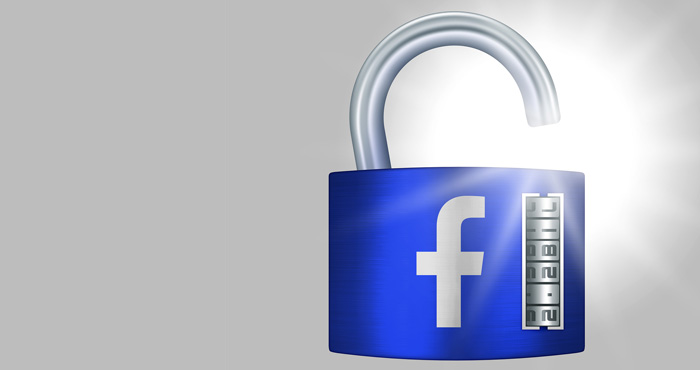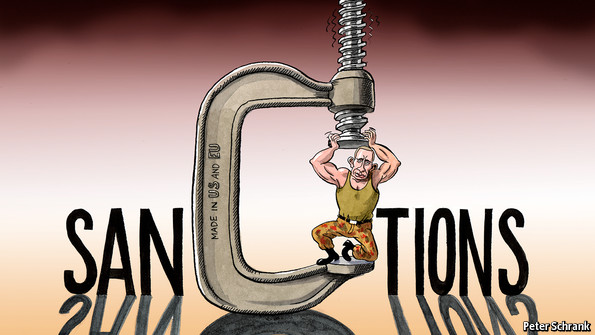
Facebook’s Information Leak
(Japan) on 17 April 2018
by (link to original)
Personal information was leaked from as many as 87 million users of Facebook, a prominent American social media site, and Congress held a public hearing to investigate this unauthorized use of information. At the hearing, Facebook CEO Mark Zuckerberg acknowledged that security measures were deficient and apologized.
As a general rule, users register their real names on Facebook and share things like current circumstances and recent photos among friends. More than 2.1 billion people use Facebook every month, and 98 percent of its income comes from selling user data which is analyzed for the purpose of providing effective personalized advertising.
The problem here is that a British researcher developed a personality assessment-related app in 2013 and collected the data of Facebook users who participated. Subsequently, the researcher violated its agreement with Facebook by handing over the personal information to a third party British political consulting company. It did not stop at the users themselves. Information about the users’ Facebook friends was also extracted.
This consulting company is believed to have supported Donald Trump’s 2016 presidential election campaign, creating suspicion that the illegally obtained data were used to plan campaign strategy by analyzing political leanings.
This leak of personal information does not just stop at violating the privacy of users. When such a leak empowers the manipulation of public opinion, then it shakes the basis of democracy. Of course, the consulting company is at fault, but Facebook, which could not defend the consulting company’s use of the data, also has an extremely heavy responsibility.
In response to a series of questions at his hearing, Zuckerman said, “It’s clear now that we didn’t do enough to prevent these tools from being used for harm… It was my mistake, and I’m sorry.” To prevent a reoccurrence, the idea of restricting the access to personal information that external contractors have in order to protect users was raised. Furthermore, there was an indication that Facebook would make it easier for users to confirm the kind of information that Facebook would provide to others.
With respect to the issue of protecting personal information, a movement by countries to strengthen regulatory control can be seen. In May, the European Union will require contractors who handle personal information to have strict agreements. However, excessive regulation could impair the convenience aspect of using social media, and raises the question of regulations’ compatibility with protecting privacy.
On a social media site, personal information can be gathered and used before the users know it. The anxiety that comes from this kind of structure cannot be eliminated, where people enter into such a way of life without fully understanding it.
People also criticize Facebook about the spread of “fake news.” In the United States, a great deal of news is obtained through social networking sites, and verifying such news presents another challenge.
Internet companies that gather personal information in large quantities need to resolutely recognize the serious nature of their responsibility and thoroughly deal with it.

